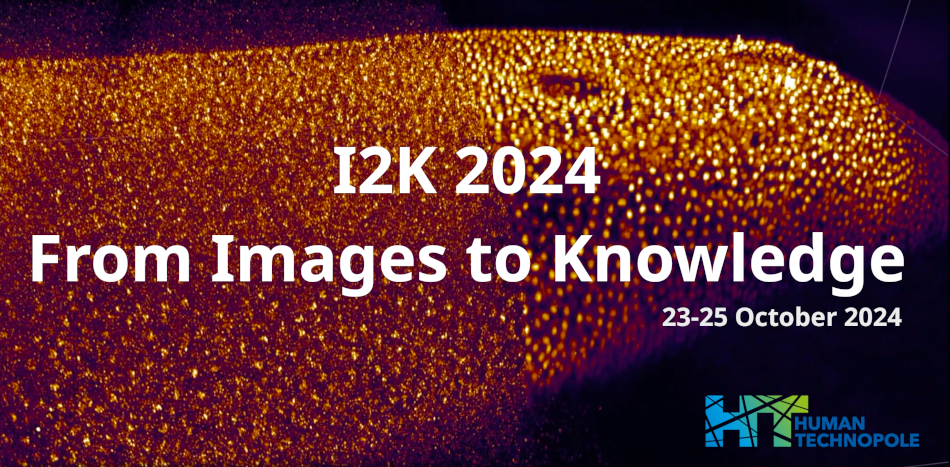Speaker
Description
"The handling, analysis, and storage of image data present significant challenges in a wide range of scientific disciplines. As the volume and complexity of image data continue to grow, researchers face key challenges like scalability, analysis speed, reproducibility and collaboration with peers. Containerisation technologies like Docker offer solutions to many of these challenges by providing isolated, consistent, and portable environments for software applications.
We present BIOP-desktop, a Versioned Computer with software pre-installed and pre-configured allowing focussing on image processing and analysis spending minimal amount of time on installation of software packages in particular for Life Sciences. In this Versioned Computer, every software including its dependencies is fixed, making it possible to reproduce the same analysis workflow at any time by any one. Leveraging the multi-stage build speed-up and ease building and versioning, as it is possible to change a single component and keep the rest of the image unchanged, if needed. Such a Versioned Computer would prove useful for Reproducibility and OpenScience, therefore it eases collaboration, teaching and publication. We’ll discuss our attempt to develop and deploy such a tool, the building strategy, strength and weakness of this solution with the long-term goal to ease access to state-of-the-art image analysis and make analysis workflows shareable and reproducible in a multi user environment."
| Authors | Romain Guiet(1), Matéo Muller(2), Arne Seitz(1). (1) EPFL-BIOP , (2) EPFL-RCP |
|---|---|
| Keywords | Reproducibility , OpenScience , Versioned Computer, Docker, Image Analysis |

